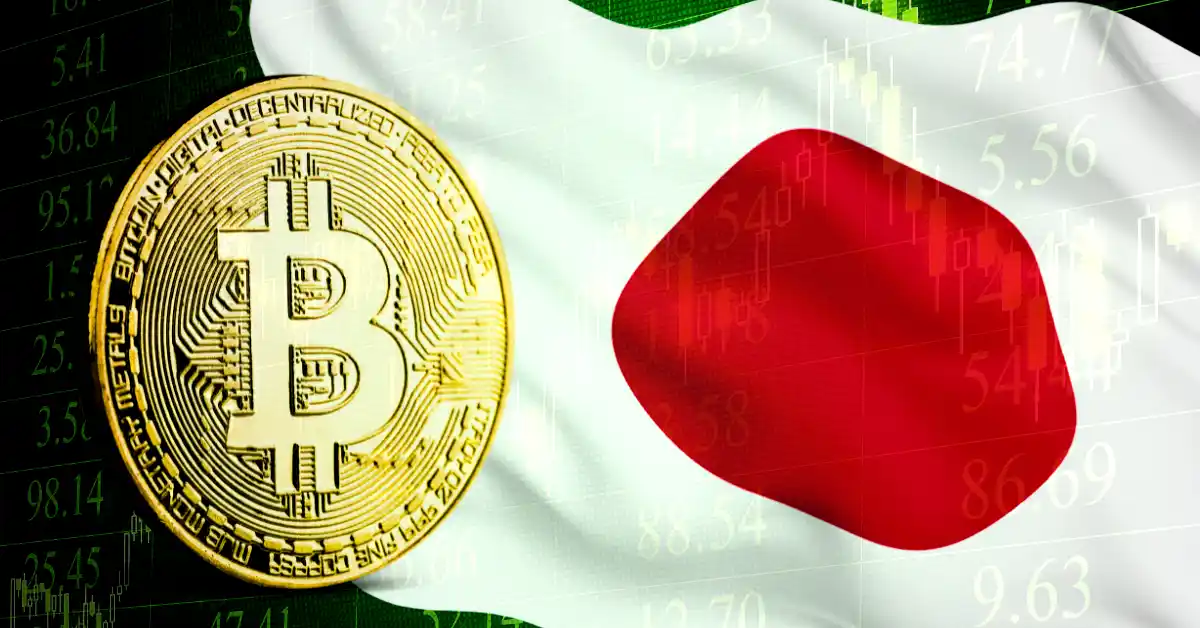
Japan is gearing up for a major shift in its crypto regulations, and the changes could have a big impact on investors, exchanges, and even Bitcoin ETFs. Recently, the country’s Financial Services Agency (FSA) took a bold step by asking Apple to remove several major crypto exchanges – Bybit, KuCoin, and Bitget – from its App Store. This move signals stricter oversight, but that’s not the full story.
While Japan is tightening its grip on crypto regulations, it’s also planning big reforms to encourage digital asset adoption. The FSA now wants to treat cryptocurrencies like traditional financial products, similar to stocks and securities. If successful, this could change how crypto is traded, taxed, and even how big institutions get involved.
Could Japan become the next big hub for crypto innovation? Let’s break it down.
The FSA is holding private meetings with experts to review current crypto regulations. The goal is to introduce new policies by June 2025, with legal amendments expected in 2026. The agency wants clearer rules for crypto firms to prevent fraud and scams, ensuring a safer market for investors.
However, there’s a challenge. If crypto assets are classified as securities, retail investors might face stricter trading rules, making it harder for them to participate. On the other hand, this change could open the door for Spot Bitcoin ETFs in Japan, aligning with global trends.
Crypto Tax Cut Ahead?
One of the most important developments is the possible approval of Bitcoin spot ETFs, following the U.S., where Bitcoin and Ethereum ETFs are already available. Japan is also considering lowering its crypto tax rate from 55% to 20%, matching the tax rate on financial investments. A lower tax could attract more investors, both individuals and institutions.
These changes could bring in big institutional investors, including SoftBank. The company recently invested in Cipher Mining and secured an option for a large data center in Texas, showing its growing interest in crypto. This news follows SoftBank’s solid financial performance, reporting a 7.4% increase in net income to 436.6 billion yen for the first nine months of 2024.
According to Bloomberg, Japan’s regulatory moves mirror global trends, particularly the U.S. SEC’s approval of crypto ETFs and stronger government support for digital assets. Experts believe cryptocurrencies are now being seen as legitimate investments rather than just speculative assets.
Last October, a Japanese study group suggested focusing on Bitcoin and Ethereum for crypto ETFs, refining regulations, and setting separate tax rules for ETFs and spot trades.
However, it’s unclear whether these changes will apply to all cryptocurrencies or just major ones like Bitcoin and Ethereum, which already have ETF approval in the U.S.
Overall, Japan’s regulatory shift brings several positives. Potential tax cuts, Bitcoin spot ETF approvals, and rising institutional interest suggest a strong future for the country’s crypto market. If these changes move forward, investor confidence could grow, positioning Japan as a key player in the global digital asset space.
As crypto eyes another bull run heading into 2025, investors are on the hunt for…
XRP is taking a breather after a volatile few weeks. Despite a sharp rally followed…
The crypto market continues to gain traction, adding 0.76% to reach a $3.89 trillion market…
Bitcoin is holding steady above $118,000 despite the recent ups and downs in the market.…
Could XRP really reach $1,000? While this may sound far-fetched to many, Jake Claver, director…
The crypto market is starting to go more mainstream, especially after the new GENIUS Act…